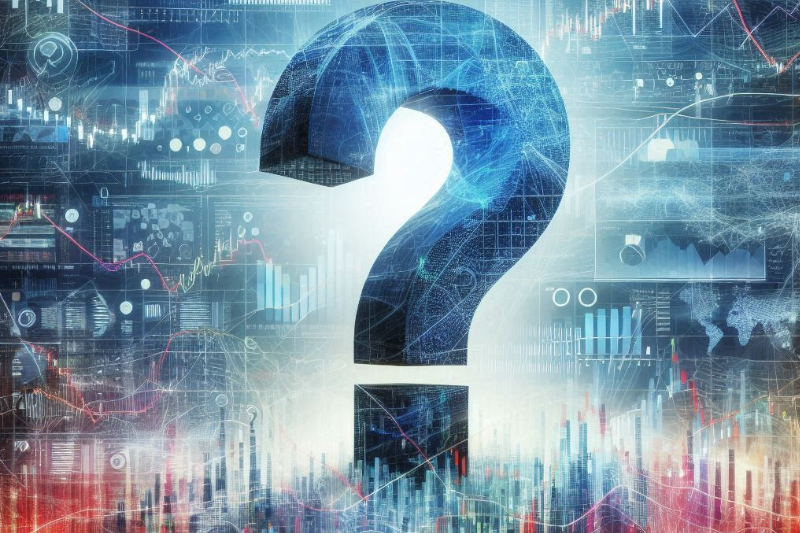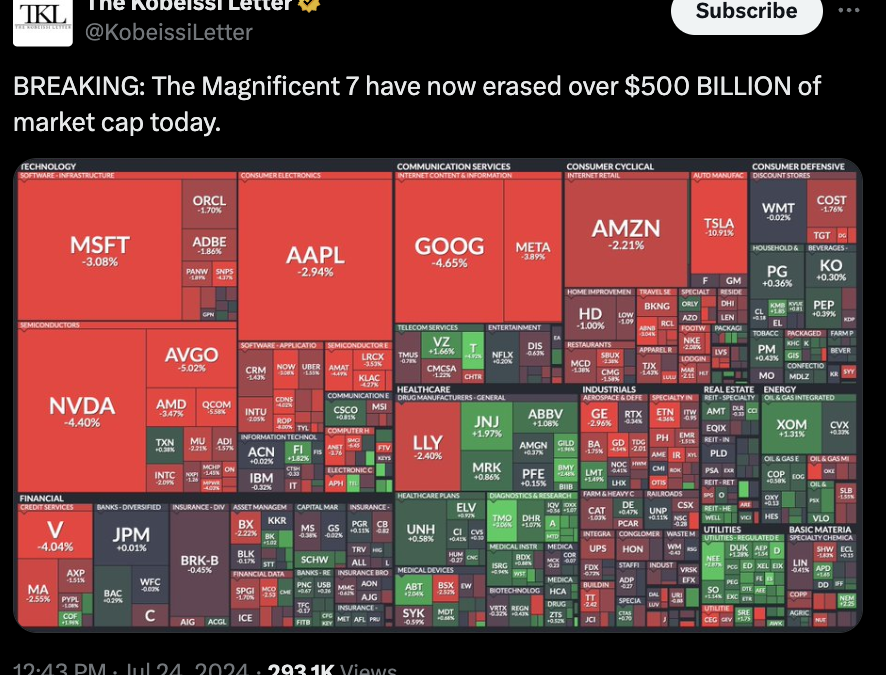The political spectrum has no center.
Democratic participation presents only a grim choice when viewed from the managed perspective of media propaganda. Choose either a culture of victimhood on the left or throw in your lot with bigoted oppressors on the right.
Meanwhile, the once hotly contested middle ground has seemingly flash-boiled away like a shot of Bourbon in a hot skillet.
But for those of us looking past the propaganda, the extreme political division has laid bare the core political operating principle: use every “crisis” as an opportunity to sacrifice self-determination on the altar of centralized political authority.
The resulting demands for total compliance to deal with whatever crisis presents itself have driven us to cling more tightly to the right to choose for ourselves. Rather than accept the divisive label of victim or bigot, self-empowered individuals have moved off the one-dimensional, left-right paradigm into a second dimension.
One defined not by victims and bigots but by top-down, authoritarian centralized power on one end and bottom-up, power-from-the-people decentralized authority on the other.
So, the middle didn’t evaporate. It simply stepped aside.
And reminds us where the Heart of America truly lies.
Twenty Years of Overreach
Small government once defined the American landscape.
Even during the 90s, we all assumed that decentralized private interests dominated the economy’s commanding heights. The collapse of the Soviet Union proved once and for all (at least it seemed) that free markets and competition provided the surest path to prosperity.
But then 9-11 handed them the perfect opportunity for the centralists in the political circles of power to grab more authority for themselves.
And the state grew.
They militarized the police. They blew through all boundaries of privacy by massively boosting the surveillance state. And by 2007, they unwittingly inflated housing prices and ushered in the Great Financial Crises through political directives to increase homeownership.
Ever since, bailouts and exploding government debt enabled by thirteen years of monetary life support have defined the U.S. economy.
And now, 14 years on, social media companies use your data to wield enormous power over the political conversation. Mainstream news produces nothing more than a continuous barrage of political propaganda telling you what to think through carefully-crafted talking points.
But you have reason for hope.
Centralization’s Antidote
True Americans have grown wise to the fact that they are being sold rather than told by mainstream media and political apparatchiks.
Growing political division highlights that rising authoritarianism supplies an unacceptable solution for individuals who refuse to have their thinking done for them. You reject calls to surrender your self-respect and property for the ultimate “ends justify the means” argument – it’s for the greater good.
The counter-trend defying the forces of centralization lies in its opposite – decentralization.
You can find examples of this in independence movements around the globe. Brexit provides a prime example of citizens resisting the unaccountable institutions of the EU. And aborted political campaigns during the previous decade within Greece and Italy, referred to as Grexit and Italeave, yield more examples of this powerful tendency.
Consider it a global zeitgeist gripping the subconscious of the masses. And while Britain, Italy, and Greece by no means provide bastions of individual liberty and free markets, these movements nonetheless show the symptoms of people instinctively reclaiming the power of self-determination.
But, for true Americans, that same zeitgeist works alongside a single principle rooted deep in our value system – personal freedom and the ability to choose and compete on our terms.
Free to Choose
You see it rising in state elections that reject mask mandates and vaccination requirements.
You see it in upended school boards that push back on top-down indoctrination.
You see it in employees, firefighters, police, doctors, nurses, and soldiers choosing termination over submission.
And you see it in succession movements across the country that have gone from “that’ll never happen” to increasingly serious political efforts.
In fact, as recently as September, the Center for Politics at the University of Virginia ran a poll that confirms a downward pull from authority. It found that “roughly 4 in 10 (41%) of Biden and half (52%) of Trump voters at least somewhat agree that it’s time to split the country, favoring blue/red states seceding from the union.”
And, most of all, you see this step towards decentralized political power in the rise of cryptocurrency.
A Poison Pill for an Overreaching State
Bitcoin’s genesis block — the block that issued the first 50 Bitcoin ever mined — had the following message to the world: “The Times 03/Jan/2009 Chancellor on brink of second bailout for banks.”
The mind or minds behind Bitcoin knew the dangers of centralized money. And the message suggested their core motivation – money doesn’t have to come from governments. It can emerge spontaneously from the actions of individuals. And those actions are both powerful and profitable.
And smart contracts enabled by blockchains will give us more than money. It allows for decentralized governance structures, corporations and could even challenge the notion of a nation-state.
Now, most technologies don’t inherently advance decentralization or serve the forces of centralization. It depends on the application.
But entrepreneurs, inventors, and investors that support applications of technology that empower individual users will, to my way of thinking, enjoy tremendous success going forward. It’s where the future lies. Meanwhile, those feeding the status quo will eventually wither on the vine.
Because the disease of centralization sets the conditions for its own cure.
A Line in the Sand
Extreme concentration of power is unsustainable. It will collapse under the weight of its false logic, just like the Soviet Union.
Now, many still pine away for the good ‘ole days of political moderation. It felt good. It felt stable.
Yet, the listing comfort of compromise prevented most from noticing the values we sacrificed to find that middle ground. But an eroded center exposed values that now stand in stark relief against a backdrop of ostentatious hyper-partisanship.
So, I welcome the divide. It makes clear who values what.
And we at least now know for what we’re fighting.



